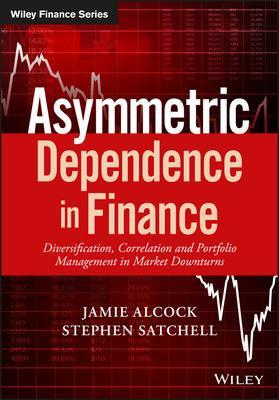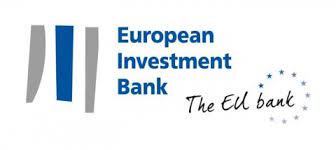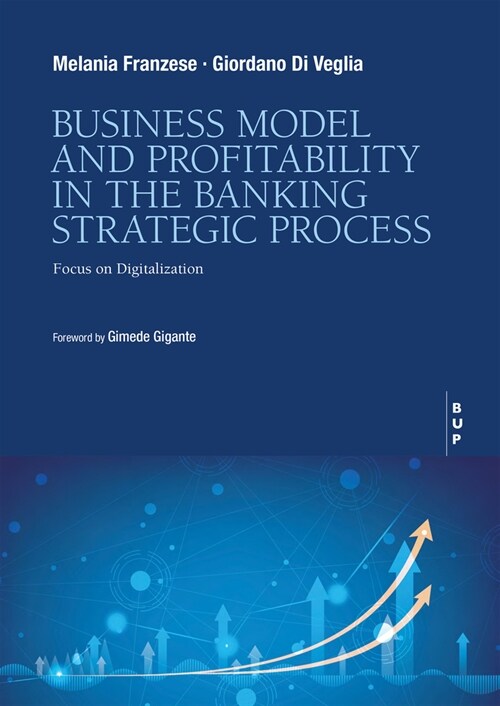Josée Weydert, Jad Nader & Vincent Wellens
Luxembourg’s well-known financial secrecy laws are changing. Bill n° 7024 amending inter alia Article 41 of the Financial Sector Act of 5 April 1993 (the “FSA”) in this respect, initially gave rise to much discussion but was ultimately adopted. Barriers to several financial outsourcing transactions will officially disappear and the (IT) outsourcing landscape could undergo substantial changes. This newsflash takes a closer look at some of the most important changes which not only deal with the rules on professional secrecy but also clarify several organisational requirements to be complied with in outsourcing transactions.
Continue reading…















Avoid downturn vulnerability by managing correlation dependency Asymmetric Dependence in Finance examines the risks and benefits of asset correlation, and provides effective strategies for more …
Continue reading…